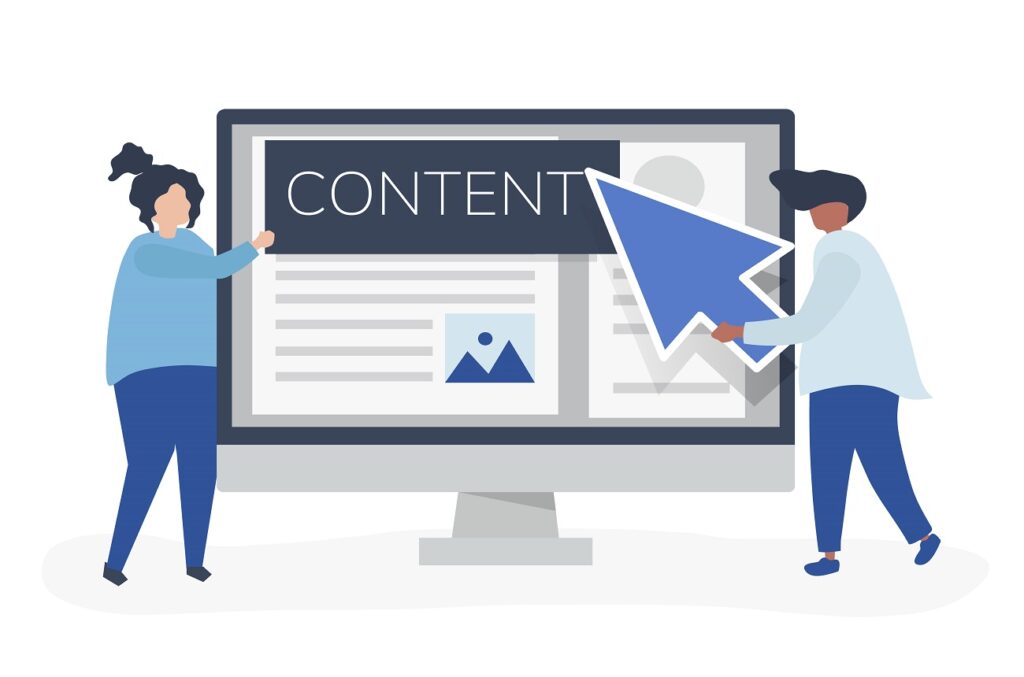In today’s digital age, the landscape of content creation is rapidly evolving, thanks to advancements in artificial intelligence (AI). One of the prominent tools in this revolution is ChatGPT, a sophisticated language model that has garnered attention for its ability to generate human-like text. As the discussion around AI-generated content intensifies, it’s crucial to separate facts from fiction and understand the true implications of this technology.
Introduction to AI-Generated Content
AI-generated content refers to text, images, or other forms of media produced with the assistance of artificial intelligence algorithms. These algorithms analyze vast amounts of data to generate content that mimics human language and style. This innovation has transformed various industries, including marketing, journalism, and e-commerce, by streamlining the content creation process and increasing efficiency.
The Rise of ChatGPT in Content Generation
At the forefront of AI-generated content is ChatGPT, developed by OpenAI. Leveraging the power of deep learning, ChatGPT has become a go-to tool for businesses and content creators seeking high-quality, engaging content. Its versatility and adaptability have led to widespread adoption across industries, from writing product descriptions to composing marketing emails.
Facts About AI-Generated Content
Contrary to some misconceptions, AI-generated content offers several tangible benefits. Firstly, it demonstrates remarkable accuracy and reliability, capable of generating coherent text with minimal errors. Additionally, it significantly reduces the time and effort required for content creation, allowing businesses to focus on other essential tasks.
Common Misconceptions
Despite its advantages, AI-generated content often faces skepticism and misunderstanding. One prevalent myth is the fear of job loss among human writers. However, AI serves as a complement rather than a replacement, assisting writers in generating ideas and refining content. Another misconception is the notion that AI lacks creativity. In reality, ChatGPT can produce imaginative and original content, guided by human input and oversight.
Benefits of AI-Generated Content
The benefits of AI-generated content are manifold. One key advantage is its ability to maintain consistency in tone and style across various pieces of content. Whether it’s crafting blog posts or drafting social media captions, ChatGPT ensures a cohesive brand voice. Furthermore, AI-driven content creation is highly scalable and cost-effective, allowing businesses to produce large volumes of content efficiently.
Ethical Considerations
As AI-generated content becomes increasingly prevalent, it’s essential to address ethical considerations. Content creators must uphold responsibility in ensuring the accuracy and integrity of the content generated. This includes verifying information and avoiding the propagation of misinformation or bias. By adhering to ethical standards, AI-generated content can contribute positively to society.
Case Studies
Numerous case studies illustrate the effectiveness of AI-generated content in real-world scenarios. Companies across industries have successfully implemented ChatGPT to streamline their content creation processes and achieve their marketing objectives. Despite initial challenges, these organizations have embraced AI as a valuable tool in their arsenal.
Interview with a Content Creator
To gain insights into the practical implications of AI-generated content, we conducted an interview with a seasoned content creator. They shared their experiences with incorporating ChatGPT into their workflow, highlighting the efficiencies gained and the symbiotic relationship between human creativity and AI assistance.
Future Outlook
Looking ahead, the future of AI-generated content appears promising. With ongoing advancements in AI technology, we can expect further improvements in the capabilities of tools like ChatGPT. As AI continues to integrate into mainstream workflows, content creators will find new opportunities to enhance their productivity and creativity.
Conclusion
In conclusion, AI-generated content represents a significant advancement in the field of content creation. By leveraging the capabilities of tools like ChatGPT, businesses can achieve greater efficiency, consistency, and scalability in their content strategies. However, it’s essential to approach this technology with a nuanced understanding, recognizing its potential while addressing ethical considerations and preserving human creativity.


